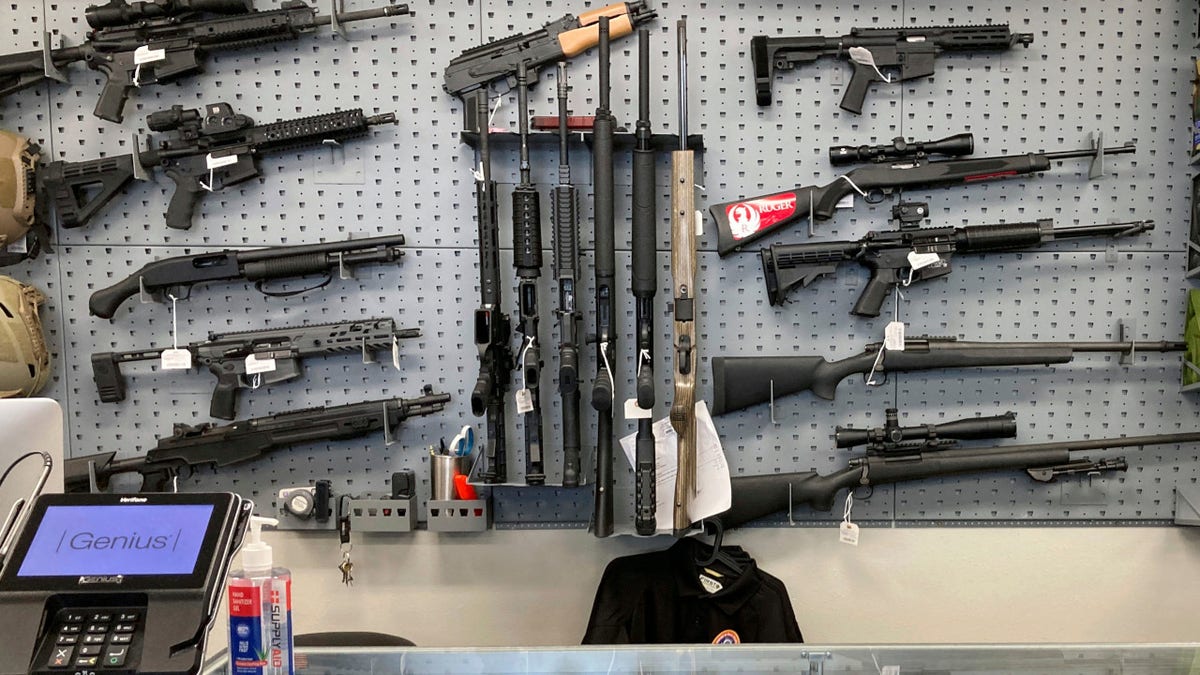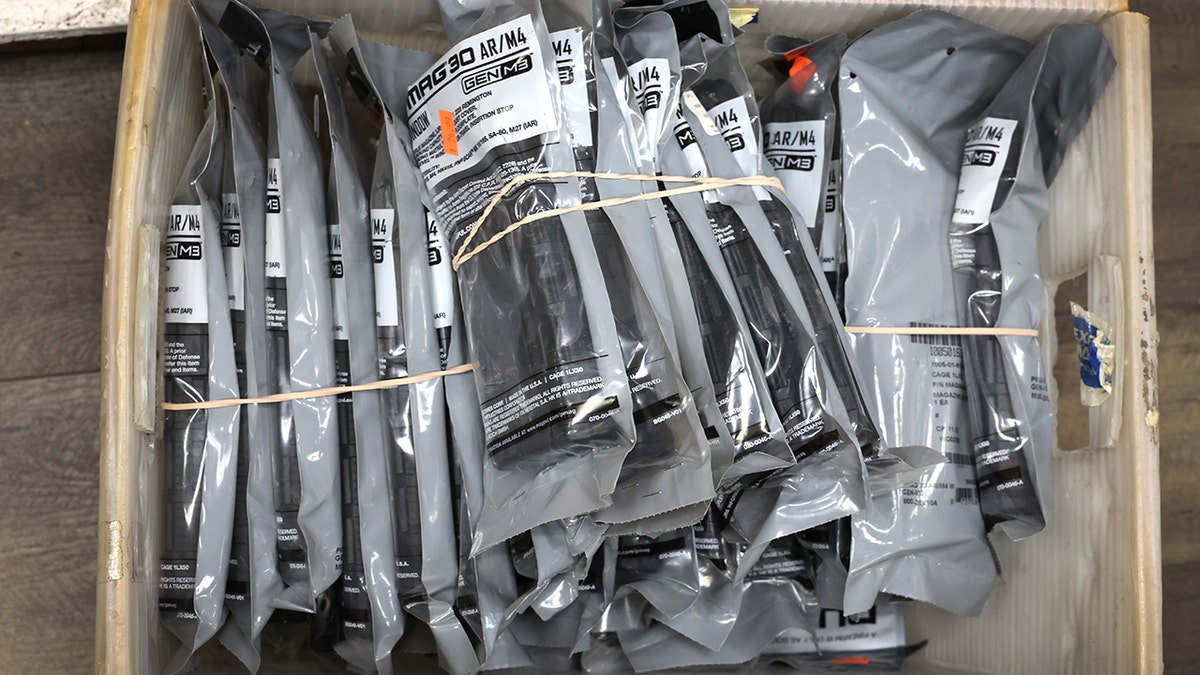Supreme Court allows Illinois semiautomatic weapons ban to stay in place
The Illinois law will continue to be litigated in the lower courts
ON TRIAL: Gun control opponents say law ‘erases’ constitutional rights
A narrowly-approved measure dubbed America's "most extreme" gun control initiative will be on trial next week in Oregon. Here's what the law would do.
The Supreme Court has allowed an Illinois law banning high-powered semiautomatic weapons to remain in place.
In a Thursday order with no noted dissents or explanation of its decision, the Supreme Court denied a request from the National Association for Gun rights, which asked for a preliminary injunction.
The ban, signed by Democratic Illinois Gov. J.B. Pritzker in January, includes penalties for individuals who, "carries or possesses… manufactures, sells, delivers, imports, or purchases any assault weapon or .50 caliber rifle."
The law also includes statutory penalties for people who, "sells, manufactures, delivers, imports, possesses, or purchases any assault weapon attachment or .50 caliber cartridge."
ILLINOIS GOV. JB PRITZKER SIGNS LAW BANNING FIREARM ADVERTISEMENTS THAT APPEAL TO CHILDREN

Levi Slater of Accuracy Firearms in Effingham, Ill., describes details of a Heckler & Koch rifle that cannot be sold to customers because of recent Illinois gun legislation that bans the sale and distribution of assault weapons and high-capacity magazines. (John J. Kim/Chicago Tribune/Tribune News Service via Getty Images/File)
Any kit or tools used to increase the fire rate of a semiautomatic weapon are also included in the ban, and the law includes a limit for purchases of certain magazines.
After Thursday's ruling, the law will stay in place while it's litigated in the lower courts.
In a statement, the National Association for Gun Rights said that the ruling doesn't impact the case.
"A right delayed is a right denied, and every day these gun bans are enforced is a travesty to freedom. We will be back to the Supreme Court as soon as our legal team finishes drafting our cert petition, and they will have to decide if they really meant what they said in Heller and Bruen," said Dudley Brown, President of the National Association for Gun Rights.
FEDERAL JUDGE GRANTS INJUNCTION TEMPORARILY BLOCKING ENFORCEMENT OF ILLINOIS GUN LAW

Firearms are displayed at a gun shop. (AP Photo/Andrew Selsky/File)
A 7th District U.S. Court of Appeals panel in November also refused a request to block the law. In August, the law was upheld by the Illinois Supreme Court in a 4-3 decision.
CLICK HERE TO GET THE FOX NEWS APP

High-capacity rifle magazines are removed from display at Freddie Bear Sports in Tinley Park, Ill. (Scott Olson/Getty Images/File)
People who previously possessed guns that would otherwise be banned by the law can still own them if they are registered with the state prior to Jan. 1, 2024.
The Associated Press contributed to this report.
Adam Sabes is a writer for Fox News Digital. Story tips can be sent to Adam.Sabes@fox.com and on Twitter @asabes10.






